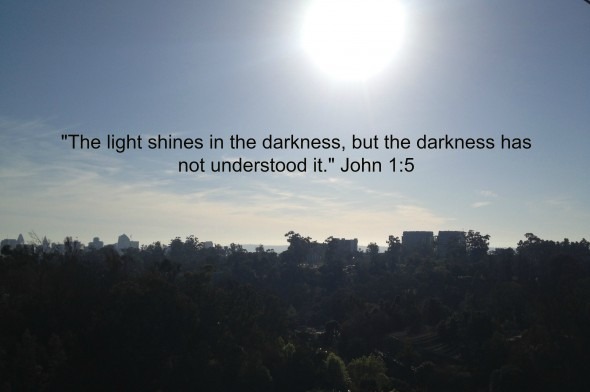

In the current social climate we find ourselves living in, do you ever wonder who to trust? I mean, we listen to the news, read articles coming from FaceBook or Twitter or various news sources and hear totally opposite opinions or even differing facts on the same subject. In the polarization of our country, one side slants a story one way and the other side slants it the opposite way. And it seems as though never the two shall meet. What exactly is the truth then? (I’m not, in this post, talking about spiritual truth.)
I’m talking about political news or product information or what is happening in countries around the world or medical information or even the weather and things dealing with the environment.

For instance, I can google a subject on what might be wrong with my cat, type in the description of his symptoms and find someone saying this is normal and others saying it could be serious. Even reviews have to be read with discretion.
We’ve become a world of information at your fingertips but can you trust the information?
I can’t answer that for all subjects, and that isn’t the scope of this post, but I might have a suggestion to help us in trying to find what’s real and what isn’t. Or at least what comes somewhere close to trustworthy. Let’s call it the Rule of Three.
When I was first learning to write, I attended many writer’s conferences. I will never forget one class I sat in on taught by a multi-published, award-winning, best-selling historical fiction author. I will never forget what she said about researching historical facts, which can also apply to any facts we seek today.

The advice? Check at least three different sources when researching a subject. Make sure those sources are unique to one another. In other words, don’t just go to three websites that are all quoting the same source. If you can find three different sources that agree on the matter, you can assume your fact is probably true.
Of course, in history, nothing is full-proof. We often don’t have eye-witness accounts and can’t time travel to actually see what happened. This is why I write fiction, not text books.
But whether we are talking about writing historical novels or an essay on current day events, we would be wise to research well. That would mean we don’t read an article on a website that states something as a fact (especially if we want to agree with it) and then quickly post it on social media without checking to see – is this a good source? Can I trust this newspaper to be unbiased? Is this fact supported by other sources not linked to the same group or mindset?

If we ever want to come together as a nation that stops pushing news from “our” side, whichever that side may be, let’s at least be sure we understand the subject based on more than one simple reading.
I hope reporters are wise enough to do the same and not just spout their “breaking news” that might not be accurate yet. Sometimes, as in the Rule of Three, it pays to check more than one authority or document, take a step back and breathe for a moment, and ask ourselves – is this true? And is it going to help other people in a positive way to understand the situation from as true a standpoint as possible?
Because if we do not search for the truth, we end up reading and promoting agendas – whether that’s someone trying to sell me a particular miracle working weight loss diet or what is happening in Congress or around the world.
The Rule of Three is good advice – and not just for fiction writers. I pray we will use sound judgment as we seek truth in these trying times.
~Selah